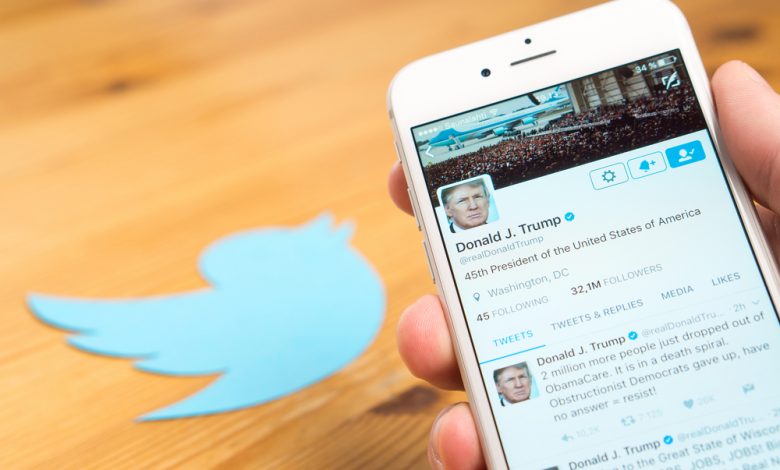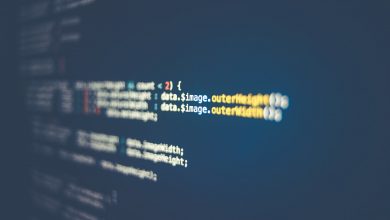
Radio, newspaper, television, and the Internet are full of stories about limiting free speech. There are groups of people in the United States who think that they are the only people thinking correctly, and therefore anybody else who doesn't think the way they do should not be allowed to speak their mind.
One of this country’s founding Patriots, Patrick Henry, said, "I disapprove of what you say. But I will defend to the death you're right to say it." Today, people say something different; I disapprove of what you say; therefore, you have no right to say it.
Some people do not want to allow others to speak their mind; they want to prohibit others from speaking their mind. Publishers are being warned, that they should not publish Trumps' memoir. The owners of social media have decided what is acceptable speech, and think they have the right to delete content and accounts and others right to speak out on social media.
In less than 24 hours, Facebook, Twitter, Amazon, and Google shut down the Parlor website. These four companies have now decided what you can hear and share. If it doesn't meet their criteria, then they shut you down. It used to be that when companies colluded to create a specific outcome, it was called a monopoly. The government could step in and declare them in violation of antitrust law and break their stranglehold on the marketplace.
The Sherman Antitrust Act (the Act) is a landmark U.S. law, passed in 1890, that outlawed trusts—groups of businesses that collide or merge to form a monopoly to dictate pricing in a particular market. The Act's purpose was to promote economic fairness and competitiveness and regulate interstate commerce. Therefore, federal courts only have jurisdiction to apply the Act to conduct that restrains or substantially affects either interstate commerce or trade within the District of Columbia. This requires that the plaintiff show that the conduct occurred during interstate commerce flow or had an appreciable effect on some activity that occurs during interstate commerce.
Clearly, there was collusion on the part of Facebook, Twitter, Amazon and Google to eliminate Parlor and take greater control of the marketplace by eliminating competition. They acted under the guise of controlling speech that was not to their liking. I don't think the FCC appointed them the czar of free speech. It will be next too impossible for the Biden administration to file a legal action against the social media companies for violation of the Sherman Antitrust Act.
It seems to me that these media companies and many others have been given cover under section 230 of the Telecommunications Act of 1996. Section 230 generally provides immunity for website publishers from third-party content. At its core, Section 230(c)(1) provides immunity from liability for providers and users of an "interactive computer service" who publish information provided by third-party users. It seems to me when an Internet company issues stories generated by the company that it's closing down other companies' access to the Internet. That is a clear violation of section 230.
When Twitter decided to tell its subscribers that it banned the United States President from using its services for a lifetime, it created the story, and then it reported the story. The recent appropriations bill would have repealed section 230. President Trump vetoed the 740 billion dollar defense bill because the repeal of Section 230 was removed. The Congress over ruled the president veto and the law was not changed.
Because of the social media's immunity, they couldn't be sued; whatever they published was considered protected speech. They could say whatever they wanted, truth or lies, and never be held accountable for what they said. Now that they are deciding what should be posted and what must be suppressed, they have taken away a significant portion of our free speech. I don't think anybody would dispute that if social media didn't have the immunity of section 230, it would never have grown to the size and influence it has today.
Freedom of speech is recognized as a human right under article 19 of the Universal Declaration of Human Rights. The right to freedom of speech allows individuals to express themselves without government interference or regulation. What are Americans saying about free speech? In August of 2020 PEW Research published the result of a survey conducted in June,2020 and it found that roughly 75% of U.S. adults say it is very (37%) or somewhat (36%) likely that social media sites intentionally censor political viewpoints that they find objectionable. Just 25% believe this is not likely the case.
If 75% of Americans believe that social media intentionally censors political viewpoints that they find objectionable, the majority of Americans believe they are being deprived of the whole story. Repeal of section 230 will be a restoration of free speech. Unfortunately, I don't see any chance that the Biden administration will introduce legislation to repeal 230 because that protection works too much in his favor. If the Republicans take control of the House in 2022 and the majority in the Senate any proposed Section 230 reform, I believe, will be vetoed by Pres. Biden. I have spent more time thinking about this commentary than any other I can't remember for the longest time. The more time goes by that we don't do something to level the playing field, the more difficult it will be for the politicians to stand up and do something about the bias and the prejudice and social media will get even stronger.
I titled this commentary “Speech Less”, I never thought in my wildest imagination that I would be writing a story about one of the things that made America different from many other countries worldwide - that of free speech.
America did not become angry on February 6; it started becoming angry in 2015. Who would've guessed that to inaugurate a President of the United States, we had to bring in 25,000 soldiers to ensure nothing happened? I would expect that in Russia, Cuba, Venezuela, and China, not in America.





Leave a Reply
Thank you for your response.
Please verify that you are not a robot.